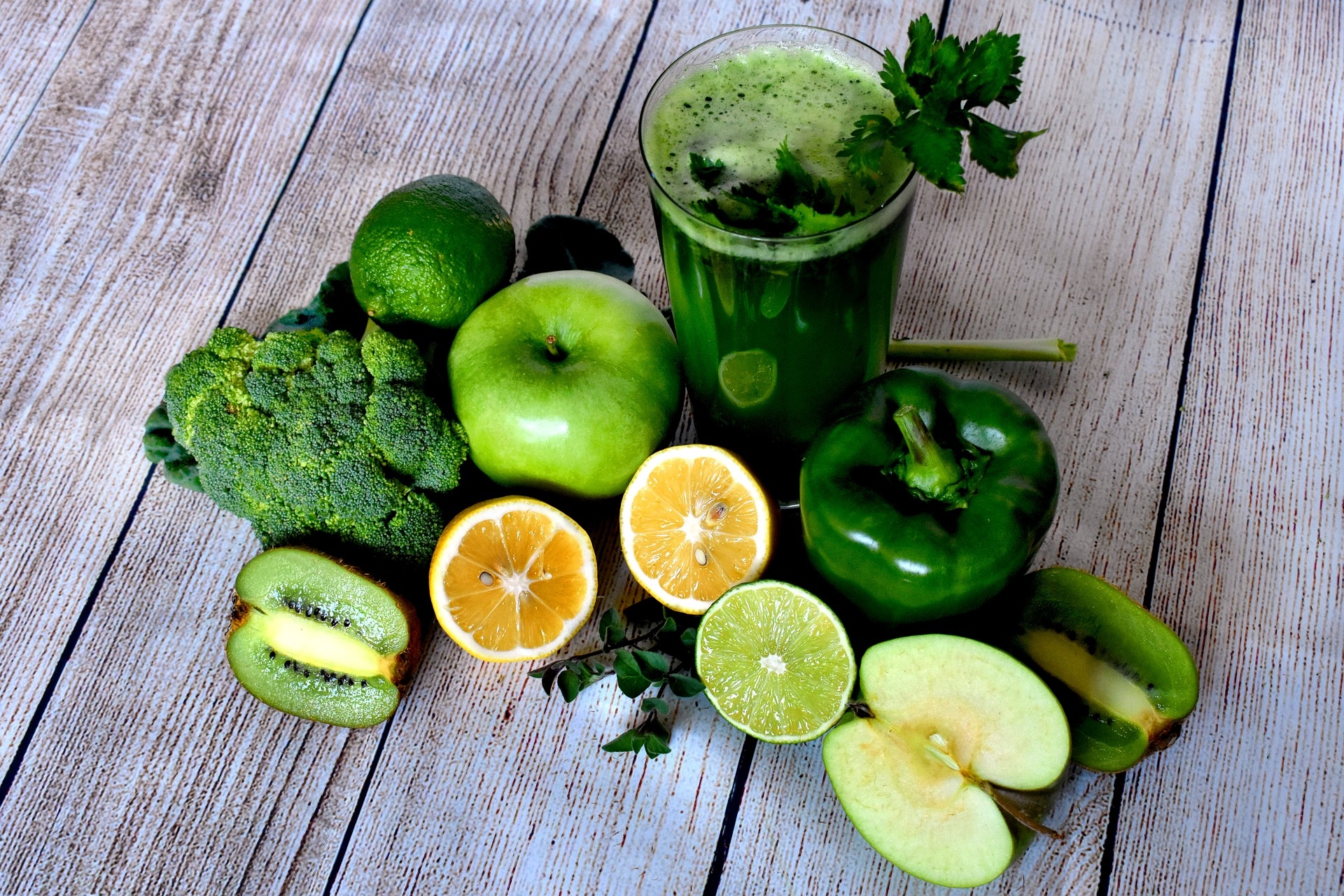What Are The “Detox Dıets” and Why Do People Find These Diets So Attracive ?
The main purpose of the detox diets is to remove toxins from the body. Practitioners and advocates of these diets claim that they can lose weight better and improve health through detox diets. What does nutrition science tell us about these claims ?
1-) Detox diets can promote consumption of high amounts of vegetables and fruits; because these diets mostly include recipes containing vegetables and fruits. This can be considered as the only positive aspect of detox diets. However, it should be kept in mind that consuming vegetables and fruits as whole without squeezing them through the blender can help to get more fiber intake. For example, the amount of fiber taken with 1 glass of fruit juice is much less than that of all fruits used for that fruit juice. As another example, preparing a large cup of salad with seasonal vegetables instead of having a meal with vegetable juice can help to get more fiber and become more satiated. In addition to fiber, chewing is thought to be another factor that contributes to the development of satiety.
2-) Detox diets are usually very low-calorie diets; because these diets restrict carbohydrate rich foods such as bread and whole grains, and those foods compose normally about half of the daily energy. Indeed, weight loss is an expected result due to the calorie restriction which is provided in a very low calorie diet. It is not defensible to say that detox diets are effective only by looking at weight loss as this result can also be achieved with other calorie restricted diets.

In a review which published in the Journal of Human Nutrition and Dietetics in 2015, researchers have investigated whether detox diets were effective in toxin elimination. Some of the results of the review are as follows:
-
“There is preliminary evidence to suggest that certain foods such as coriander, nori and olestra have detoxification properties, although the majority of these studies have been performed in animals.”
-
“To the best of our knowledge, no randomised controlled trials have been conducted to assess the effectiveness of commercial detox diets in humans.”
Take Home Messages: In order to be able to claim that detox diets are effective for weight loss or toxin elimination, there is a need for studies with strong evidence. In addition, The British Dietitians Association(BDA) defines detox diet practices as “myth”.
3-) It should be known that rapid weight loss caused by detox diets is predominantly water and muscle as there is a decrease in body glycogen storage. Healthy weight loss should be mostly from fat tissue instead of muscle or water. Moreover, there is no health authority that recommends rapid weight loss. For instance, the amount of healthy weight loss is 0.5 - 1 kg per week, as indicated in our nutritional guidelines “TUBER”.

4-) In addition to their unproven effectiveness, detox diets also have some potential harms. In other words, individuals can deteriorate their health through detox diets for the sake of weight loss. Indeed, maintaining health is more important than weight loss. In particular, green detox juices with high amounts of spinach can cause kidney problems due to oxalate which is a component of spinach. Furthermore, rapid weight loss may trigger gallbladder formation.
In the case report published in the American Journal of Kidney Diseases in 2018, a 65-year-old female patient who had some risk factors and developed oxalate nephropathy as a result of consumption of green detox drink was discussed. Findings from the case as follows:
-
“She had normal kidney function before using the cleanse and developed acute kidney injury that progressed to end-stage renal disease.”
-
“Consumption of such juice cleanses increases oxalate absorption, causing hyperoxaluria and acute oxalate nephropathy in patients with predisposing risk factors.”
-
“Given the increasing popularity of juice cleanses, it is important that both patients and physicians have greater awareness of the potential for acute oxalate nephropathy in susceptible individuals with risk factors such as chronic kidney disease, gastric bypass, and antibiotic use.”
As a result, green detox drinks often contain dark green leafy vegetables such as spinach, and the high amount of oxalate present in these vegetables is thought to be a triggering factor for the kidney problem called oxalate nephropathy. However, this should not be confused with spinach meal which is consumed 1-2 times a week in winter seasons. Such diet programs may have a higher oxalate load than a healthy diet program.
5-) Detox diets are mostly standard, not personalized. Therefore, individuals who want to lose weight and maintain their weight in the long term should identify the lifestyle factors that cause them to gain weight instead of such practices and produce solutions for them. Because, according to the current literature, successful weight loss and weight management are only possible with permanent lifestyle changes and detox diets have no place among healthy nutrition recommendations.


